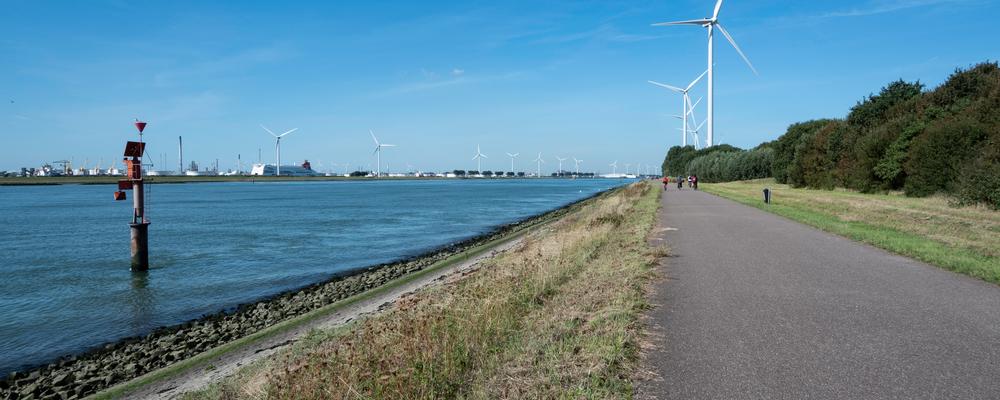“It’s good news for a world that is looking for good examples. The message is powerful because the EU comprises 27 nations and has played a leading role in tackling the climate issue”, he says.
The climate law that the EU countries and the European Parliament have now agreed on will lead to the EU's total net emissions of greenhouse gases falling to zero by 2050. This will be done through reduced emissions, investments in environmentally friendly technology and nature conservation efforts.
But it is important to remember that the climate issue will not be resolved without the United States and China, which account for half of the world’s emissions, according to Thomas Sterner, Professor of environmental economics who has also been active in the UN's IPCC climate panel. He points out that although the United States currently has an administration that is trying to contribute to an international solution, there is still a lot of resistance, and that China also has signalled for new initiatives.
“What the US and China do is crucial and the EU's main role is to inspire or persuade them to act. It is important that this is communicated strategically and forcefully at all meetings where the opportunity is offered, for example at the climate meeting that US President Joe Biden has invited to later in April”, he says.
Reduced carbon dioxide emissions
An intermediate goal that the EU countries have now agreed on is that carbon dioxide emissions will be reduced by at least 55% by 2030, calculated from 1990.
“This is an ambitious goal for the EU, which is one of many players in the field. If every country in the world does its part, it will be hopeful”, says Deliang Chen.
Thomas Sterner is a little more cautious in his assessment because the starting point for the reduction is 1990 and the EU has already reduced emissions by over 20% since then.
“It is difficult to say what is enough. 55% compared to 1990 is not so radical but it is a step in the right direction”.
A plan for how the goals will be achieved
The fact that the EU now has stricter climate goals is welcomed by the two Professors. But it is crucial to have a plan for what measures are to be implemented and how the goals are to be achieved.
“Concrete measures are available in all sectors from industry to food, but measures are also needed at an overall systemic level - measures that mean that it costs to emit climate-affecting gases. A so-called price for carbon dioxide”, says Thomas Sterner.
How will our individual lives be affected by these goals?
“It will be more expensive to emit carbon dioxide, for example by running inefficient power plants, fossil cars and oil-fired heating in houses. The big question, however, is how our lives would be affected by an accelerated climate change if we do not get an effective climate policy”, says Thomas Sterner.
“We can expect a better world to live in with reduced risk in connection with climate change. But we will also need to be prepared to change some of our consumption and lifestyle behaviors”, says Deliang Chen.
BY: Thomas Melin, phone: +46 (0)73-404 2021
